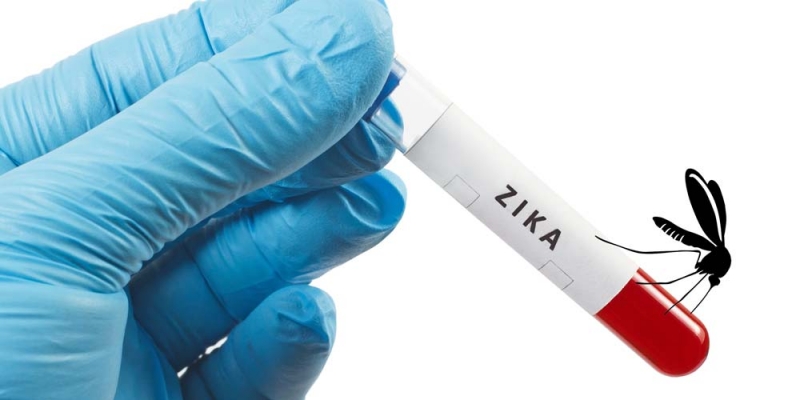What the CDC Isn’t Telling You About Zika
Last year the Food and Drug Administration quietly released a statement to blood donation sites in South Florida. In it, they warned the establishments to stop collecting blood immediately.
Why? Because the state was investigating an undisclosed number of Zika virus cases in Miami-Dade and Broward Counties.
According to the agency, these cases are not travel related. In other words, they could be the first incidences of the Zika virus spread by mosquitoes in the continental U.S. But this news didn’t stay quiet for long…
Within a few days, state health officials confirmed four Zika infections caused by local mosquitoes. And it has experts outraged at the Center for Disease Control’s silence. Florida authorities announced their investigation on July 19th. Ten days later, the CDC had failed to even acknowledge it—let alone offer any sort of useful advice for protection to concerned citizens.
It took until July 30th, 2016 for them to confirm what was happening in Florida. And when they did, CDC Director Dr. Tom Frieden said, “We’re still not yet in the middle of mosquito season. We expect this to continue for the next two to three months.”
“The bottom line is that Zika is now an ongoing threat in the United States.”
Wall of Silence
Dr. Peter Hotez is an infectious disease expert. He is the dean of the National School of Tropical Medicine at Baylor College of Medicine. “Why the hold-up in making an announcement?” he asks.
Dr. Hotez says this is just one example by the CDC of “a general wall of silence and lack of openness in terms of timely public health communication during times of epidemics.”
Dr. Karen Harris is chairwoman of the Florida district of the American Congress of Obstetricians and Gynecologists. She says, “Our patients were very frightened…”
The CDC could barely be bothered to acknowledge these cases of domestic Zika infection exist… So don’t expect any help from them. Their best advice for prevention is still to slather yourself with bug repellents. Many of them, like Off! and Cutter, contain DEET. It’s a dangerous pesticide linked to central nervous system damage.
Matthew DeGennaro is an expert in mosquito behavior and genetics at Florida International University in Miami. He’s studying how to improve mosquito repellents. “What we need to do is develop a spatial repellent. Something that you can put in a room and then the mosquitoes avoid that area,” he says.
But nature has already found these solutions…
3 Best Natural Ways to Shield Yourself from Zika
- Don’t Break a Sweat. Shower immediately after exercise or working outside. Research shows mosquitoes are attracted to stale, bacteria-rich sweat. This is the kind that dries—and starts to stink—on your clothes.
- Use a Natural Repellent. Many natural bug sprays use oil of lemon eucalyptus as their active ingredient. Researchers in London found it offered 97% mosquito protection for up to 4 hours. We recommend the brand Repel.
- Mosquito-Proof Your Outdoor Areas. Getting rid of puddles and other sources of still water is a good start. But your best solution is to plant mosquito-repelling plants. These include lavender, basil, and mint. We revealed the most powerful ones here.
The Florida Zika cases are likely only the beginning. It could be a just matter of time before domestic mosquitoes spread the disease to other parts of the country. Don’t wait for them to land in your backyard to start taking precautions.








